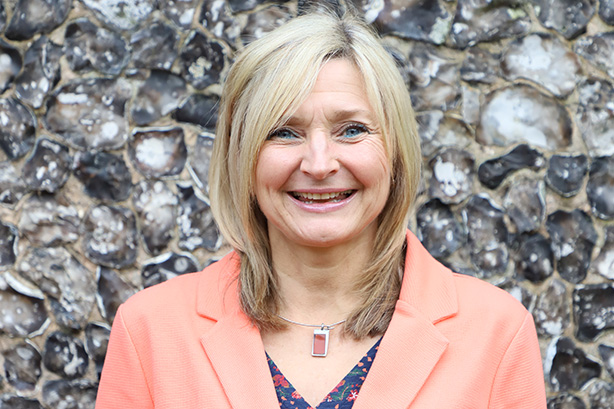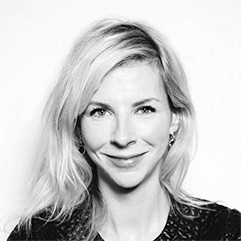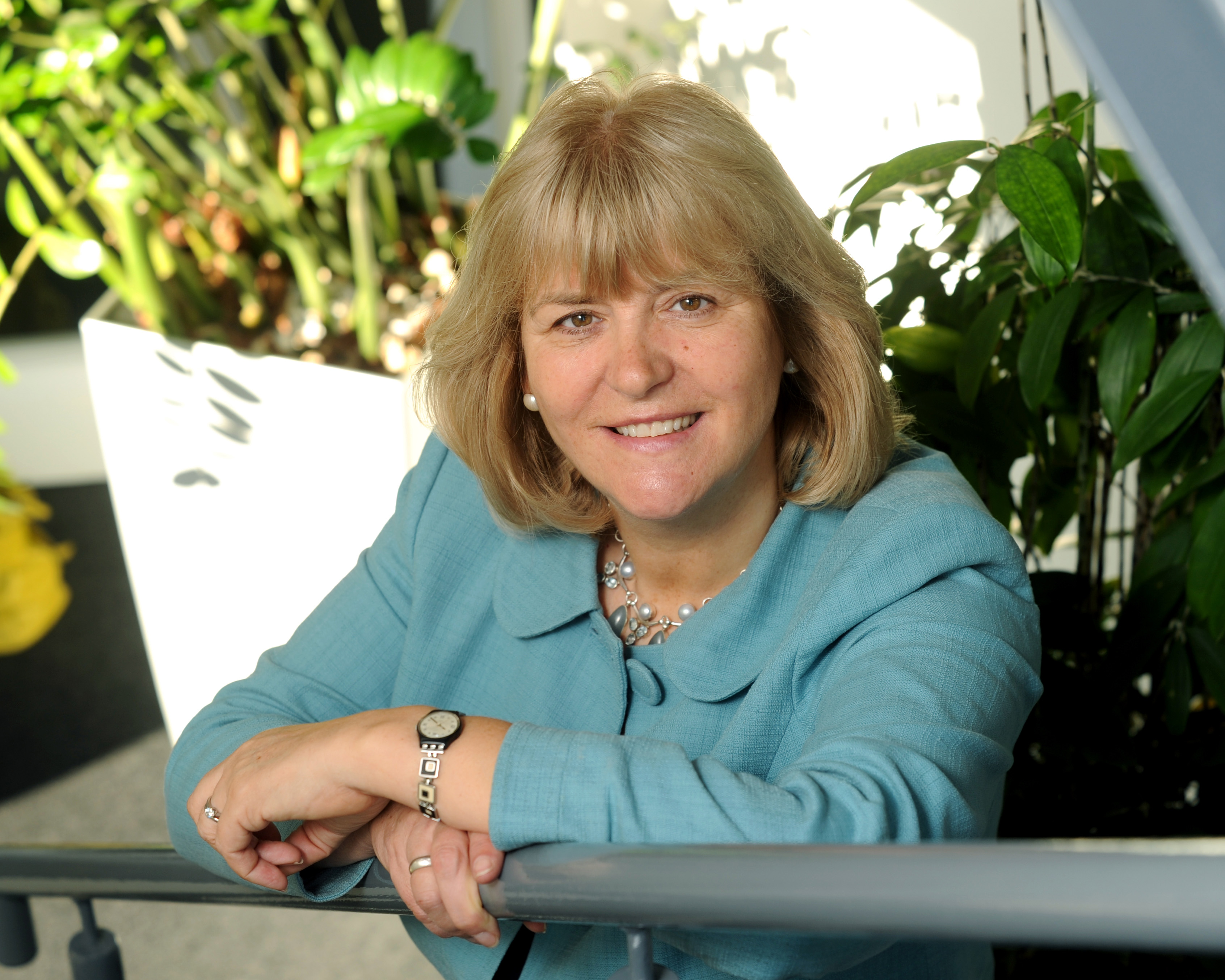
It is important that we never stop learning throughout our career. Passing exams or gaining professional qualifications is only the start of the journey. Hurst College takes the education of their staff so seriously that they have a Director of Professional Development and Performance. Dynamic asked Michelle Zeidler about her role and how it benefits the school
How important is professional development in education?
Continued Professional Develop-ment (CPD) is critical to maintaining high standards. The growing movement within education for research based professional development is key for shaping the most effective CPD provision. At the college, providing a varied and rich programme is a priority.
Our annual Performance Review System (PRS) cycle, which I have developed, allows staff to identify areas for growth and development across all aspects of their role as well as reflecting on future career avenues. These areas can then be met through varied opportunities including our weekly teaching and learning bulletin; weekly CPD sessions delivered by colleagues; funding for external courses; and whole school INSET days which have included influential educational speakers.
What does a Director of Professional Performance and Development do?
I lead across three interconnected areas: the development of the academic teaching staff, our innovative Teach Hurst teacher training scheme and Continued Professional Development.
There is a national shortage of teachers and it is hard to recruit quality staff. Hurst has taken the bold and unique step of recruiting the majority of staff through its Teach Hurst programme. I led this initiative and the college has successfully met this challenge. Our staff body now includes a healthy proportion of young and enthusiastic teachers at the start of their careers who bring energy and new ideas into the classroom and help to make us a thriving institution.
Is professional development harder for women when their career may be interrupted by maternity leave as well being a primary carer?
Many of our middle leadership posts are taken by women however, when we have offered senior leadership training, we have found that some very good female staff have not had the self-belief to take part. Women often feel that to take on a role they need to have already acquired the required skills, seeing their perceived deficits rather than their strengths and ability to grow in post. Self-doubt does not seem such a barrier for men.
Being a woman should be no barrier to aspiration or taking on any role within our profession. Although there are some notable exceptions, it is still often the case that when their children are young, female teachers continue to take on the role of primary care giver with many returning from maternity leave to work in a part-time capacity. Whether this impacts on the career progression of women depends greatly on the attitude of the Head and their ability to see the benefits of part-time workers, rather than perceived disadvantages.
Do you have to juggle work and home life?
I have been fortunate in my career to have worked with leadership teams who have given me leadership responsibility and who have recognised my capacity to do the job effectively whilst working part-time. This has, as common to most jobs, come at a cost. Across the years I have had to juggle childcare; be willing to work flexibly coming into school on my out days when required; and spend numerous evenings marking and preparing whilst my children entertain themselves in another room. However, I have always felt that teaching is a lifestyle choice and one which I have relished and, through longer holidays with my children, have benefited.
Have you found any barriers in your career progression?
I have now reached the stage when my three children have left home and are leading independent lives. The departure of my third child to university was an opportunity to refocus on my career and, with still many years ahead of me in the teaching profession, I found that I had the time and energy to seek more responsibility. At a time when age could have presented a barrier to further progression, I was once again recognised for my potential and was given the opportunity to join Hurst’s senior management team. I continue to undertake training for future leadership opportunities.





